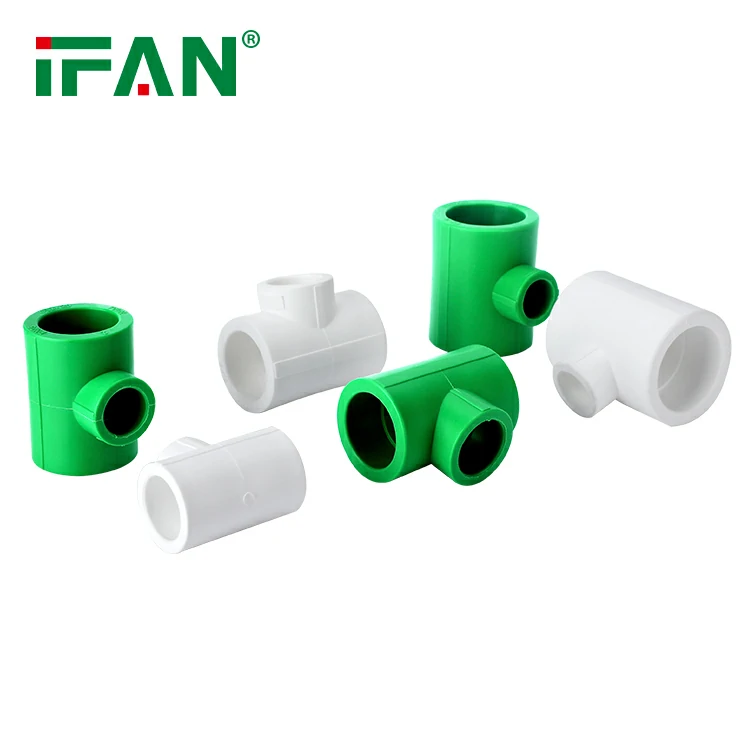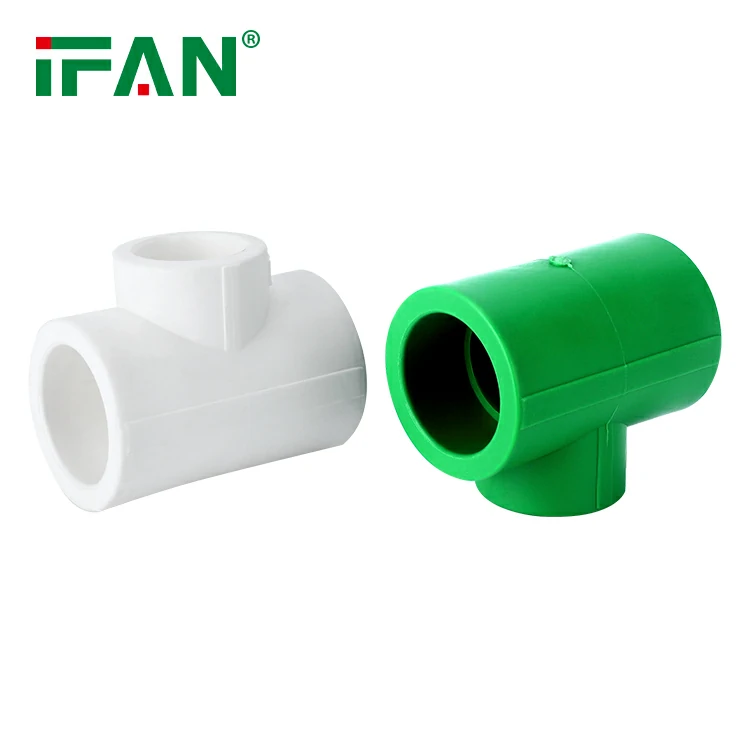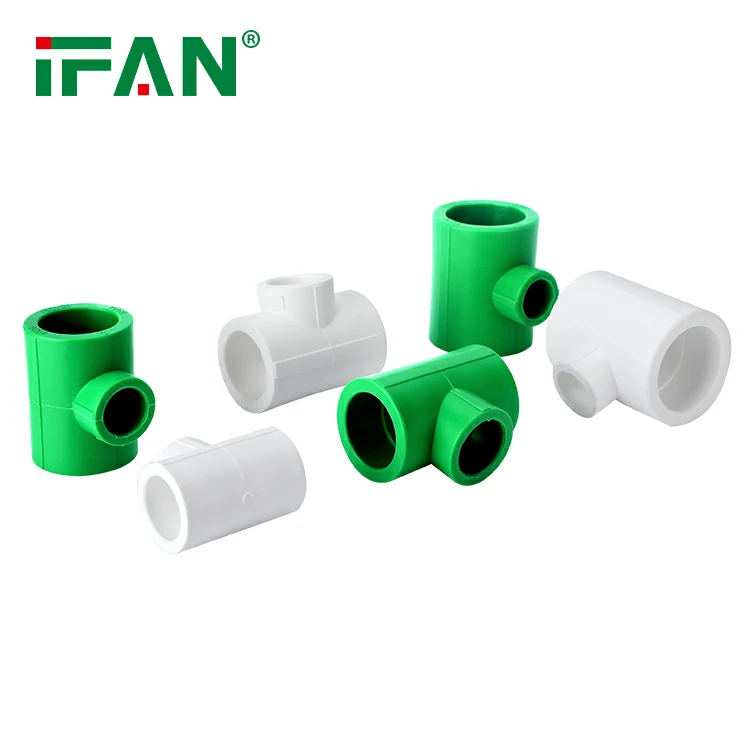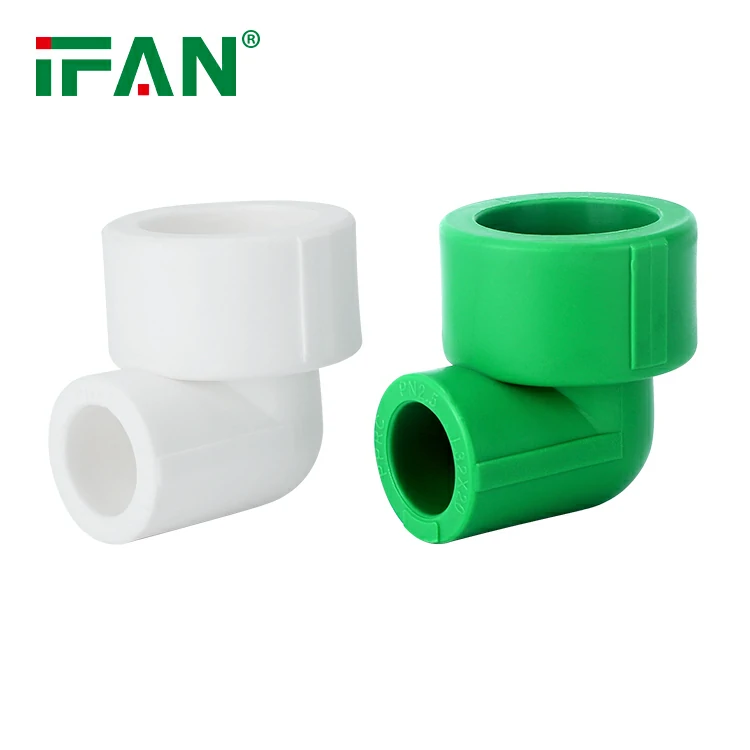Introduction
The U.S. Department of Justice (DoJ) has launched an investigation into potential price-fixing in the PVC pipe market. This probe comes amid growing concerns that some of the leading manufacturers of PVC pipes may have been colluding to artificially inflate prices, affecting both consumers and businesses that rely on these essential construction materials. PVC pipes are critical components in the plumbing, construction, and irrigation industries, and any manipulation of their prices can have far-reaching consequences across numerous sectors.
This article delves into the details of the DoJ’s investigation, why price-fixing is a serious issue, and the potential impacts on the broader economy. We will also examine the role of PVC pipes in various industries and the potential consequences if the investigation uncovers wrongdoing.
What Is PVC and Why Is It Important?
PVC, or polyvinyl chloride, is a widely use plastic material that plays a crucial role in a variety of industries. PVC pipe are popular due to their durability, resistance to corrosion, and affordability, making them a go-to choice for plumbing, drainage, and irrigation systems. PVC pipes are also use in electrical conduit installations and are essential for the transportation of water, gas, and other substances.
The versatility and strength of PVC pipes make them indispensable in construction, infrastructure, and utilities. As a result, price fluctuations in the PVC pipe market can have a significant impact on construction project costs, municipal budgets, and even the cost of water and other services for consumers.

What Is Price-Fixing and How Does It Affect Consumers?
Price-fixing refers to the illegal practice in which companies within an industry agree to set prices at an artificially high level, rather than letting market forces of supply and demand determine the price. This practice undermines fair competition, leading to higher prices for consumers and businesses, stifling innovation, and disrupting market dynamics.
In the case of the PVC pipe market, if manufacturers found guilty of price-fixing, they would have artificially raised prices to increase their profits at the expense of consumers, contractors, municipalities, and other stakeholders. For industries that rely on PVC pipes for large-scale construction and infrastructure projects, price hikes can lead to inflated project costs, delays, and financial strain.
For everyday consumers, higher PVC pipe prices could indirectly affect them in ways they may not even realize. For example, increased costs for municipal water systems or sewer systems could be passe down to consumers in the form of higher utility bills. Similarly, infrastructure projects like roadworks, building constructions, and public utilities could face budget overruns, leading to delays or cost-cutting measures that impact service quality.
DoJ’s Investigation: Why It Matters
The DoJ’s investigation into potential price-fixing in the PVC pipe market is part of a broader effort to ensure that markets remain competitive and that consumers are not being unfairly overcharge. The investigation comes at a time when concerns about corporate misconduct and anti-competitive practices are under increasing scrutiny, particularly in industries that provide essential goods and services.
Price-fixing is a serious offense in the U.S., as it violates antitrust laws designed to promote fair competition. Companies found guilty of price-fixing can face hefty fines, criminal charges, and other penalties. In some cases, individuals involved in the conspiracy can even face prison sentences.
The DoJ has not yet publicly named the companies under investigation, but it is clear that this probe is aime at identifying whether there is coordinate behavior among major players in the PVC pipe market. Given the importance of PVC pipes in infrastructure and construction the stakes for this investigation are high. And the potential impact on businesses and consumers could be substantial.
The PVC Pipe Market: An Overview
The global PVC pipe market is value in the billions of dollar. With key players in the United States, Europe, and Asia. Major manufacturers of PVC pipes include companies that produce various types of pipes for a range of applications.Such as plumbing. Sewage systems, agricultural irrigation, and even industrial and electrical systems.
The materials are use extensively in residential and commercial buildings, water treatment facilities, and sewage systems.
Potential Consequences of Price-Fixing in the PVC Pipe Industry
If the DoJ finds evidence of price-fixing within the PVC pipe industry, it could have several far-reaching consequences. For one, affected companies may face significant fines and legal settlements. The DoJ may also impose stricter regulations and oversight on the industry. Leading to increased costs for manufacturers and possibly resulting in changes to how PVC pipe prices are determine.
For consumers and businesses, the immediate consequence would be higher prices for PVC pipes. Potentially increasing costs for construction projects and repairs. This could lead to delays in public infrastructure projects or higher costs for municipal utilities that rely on these pipes. In the long term, price-fixing can harm the overall economy by distorting market competition and reducing consumer choice.
Smaller companies or new entrants to the market may also be harme by price-fixing practices. If dominant players are artificially raising prices. It may be difficult for new companies to compete effectively.Thus reducing innovation and stifling healthy competition.

How Will the Investigation Affect the PVC Pipe Market?
The DoJ’s investigation is likely to create significant uncertainty in the PVC pipe market. Even if no wrongdoing found, the investigation could lead to changes in how PVC pipe manufacturers interact with one another. With an increased focus on transparency and compliance with antitrust laws.
Additionally, the companies may face changes in their pricing strategies, leading to a more competitive market moving forward. This could ultimately benefit consumers and businesses by ensuring fair pricing and greater access to affordable PVC pipes.
Industry Reactions and Anticipated Outcomes
As the investigation unfolds, many in the PVC pipe industry are likely to be watching closely. While it’s too early to predict the exact outcome, there are several potential scenarios. In one case, the companies involved may seek to settle the case and avoid a lengthy trial. Such settlements often involve significant financial penalties, as well as commitments to cease any anti-competitive practices.
In another scenario, if the investigation reveals widespread price-fixing or other illegal activities, the DoJ may take more aggressive action, leading to criminal charges and far-reaching consequences for the companies involved. The investigation could also prompt other businesses in the industry to reevaluate their pricing practices and make changes to ensure compliance with antitrust laws.
Conclusion
Price-fixing in the PVC pipe market could lead to inflated costs for consumers, delays in construction projects. And disruptions in critical services. As the investigation progresses, businesses and consumers alike will be closely monitoring the outcome. As it could have long-term effects on the market and the economy.
The investigation underscores the need for transparency, accountability, and fair pricing in industries that affect public services and infrastructure.
Frequently Asked Questions (FAQs)
- What is price-fixing and how does it affect consumers?
- Price-fixing occurs when companies agree to set prices at an artificially high level rather than letting the market decide. This leads to higher prices for consumers and stifles competition.
- Which companies are being investigate for price-fixing in the PVC pipe market?
- The DoJ has not publicly named the companies under investigation yet.But it is examining potential collusion among major PVC pipe manufacturers.
- How does price-fixing affect the construction and plumbing industries?
- Price-fixing in the PVC pipe market can lead to higher material costs, making construction and plumbing projects more expensive. This can result in delayed projects, increased costs for consumers, and a reduction in overall infrastructure development.
- What are the potential penalties for companies involve in price-fixing?
- Companies found guilty of price-fixing can face heavy fines, criminal charges, and potentially other legal penalties. Including changes in their business practices.
- How will the DoJ’s investigation impact the price of PVC pipes?
- If the investigation leads to a finding of price-fixing, it could result in lower prices for PVC pipes in the long run due to increased competition and regulatory actions. However, short-term price increases may occur as the market adjusts.





